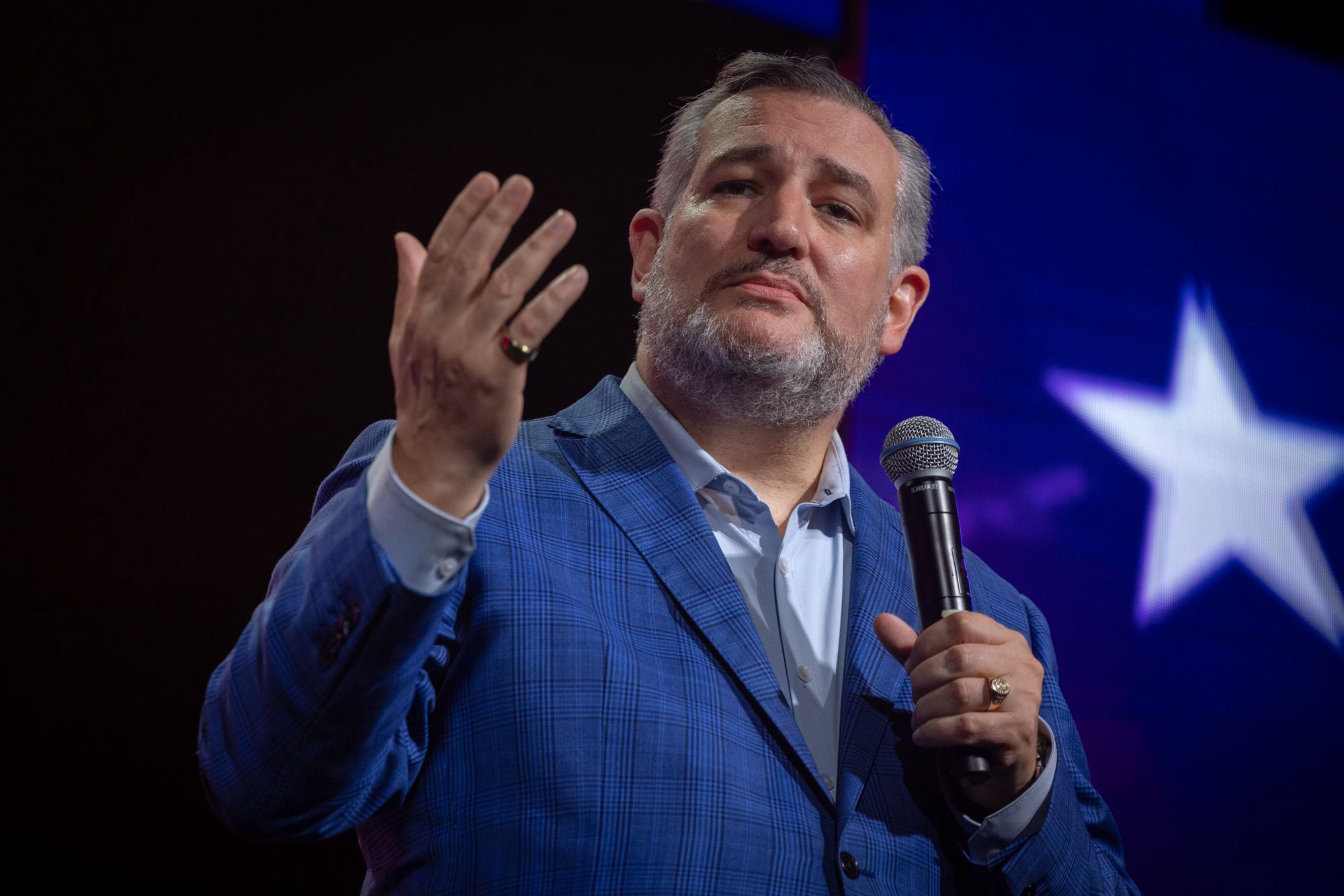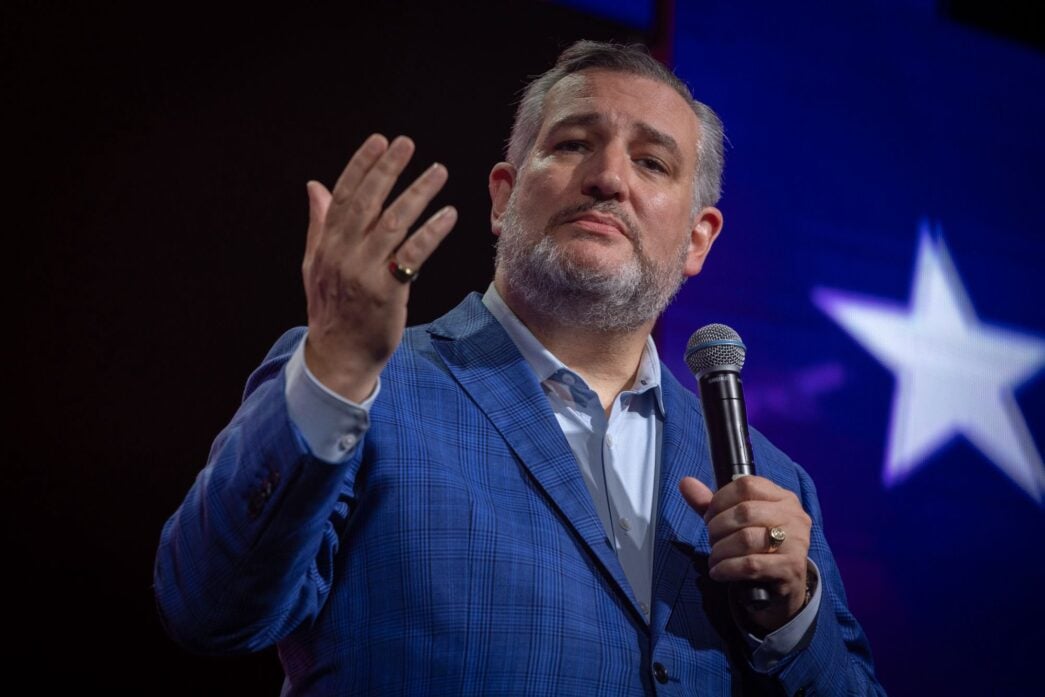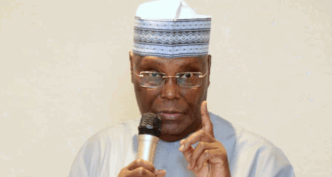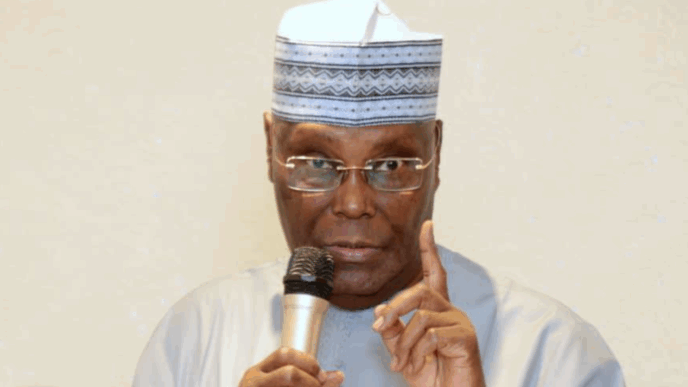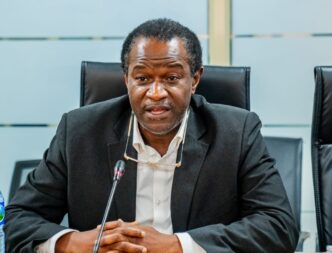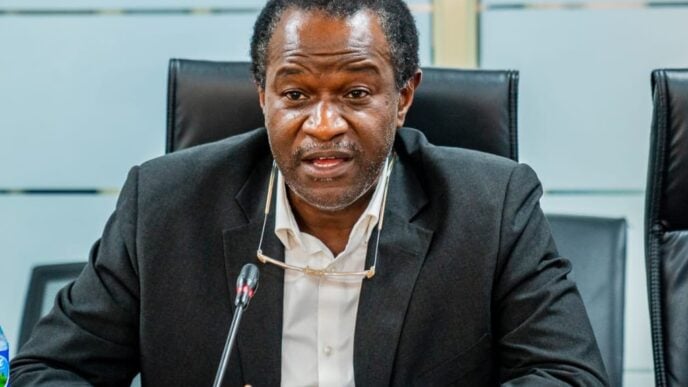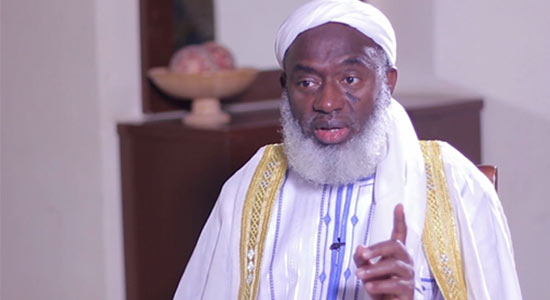Claims of a Christian genocide in Nigeria have become a growing subject of debate — not only within the country but also across international circles. The allegations, amplified through social media and advocacy campaigns, have gained such traction that US President Donald Trump has decided to redesignate Nigeria as a country of particular concern (CPC).
But how did we get here? How did online claims evolve into a diplomatic issue framing Africa’s most populous nation as one that commits “severe violations of religious freedom”, as defined by the US International Religious Freedom Act (IRFA) of 1998?
At the centre of this escalation is one man — a powerful voice fanning the flames of controversy from over six thousand miles away: Ted Cruz, a US senator.
WHO IS TED CRUZ?
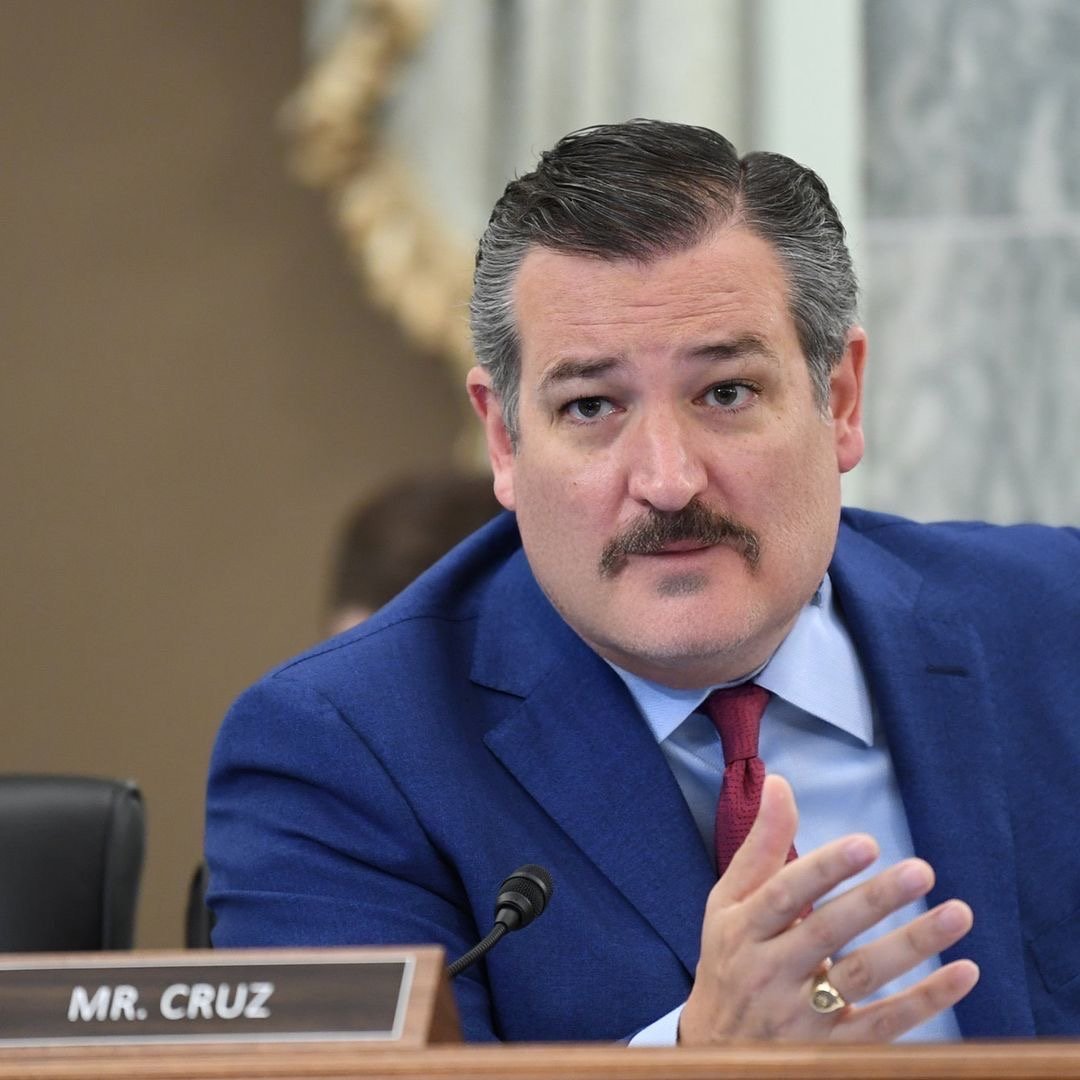
Cruz is a Republican senator from Texas who has served in the US congress since 2013. Born Rafael Edward Cruz in Calgary, Alberta, in 1970, he is the son of Rafael Bienvenido Cruz, a Cuban immigrant and evangelical preacher who instilled in him a strong sense of divine purpose and conservative conviction. He got his American roots from his mother, Eleanor Elizabeth, who was born in Delaware.
Advertisement
He graduated with honours in public policy from Princeton University before earning his law degree from Harvard Law School. Cruz later worked as a clerk for William Rehnquist, a chief justice. After his supreme court clerkship, Cruz worked in private practice as an associate at the law firm Cooper, Carvin & Rosenthal (now Cooper & Kirk, PLLC) from 1997 to 1998 and joined President George Bush’s administration in 1999 as a domestic policy adviser.
He also served as the solicitor general of Texas from 2003 to 2008, during which he argued nine cases before the US supreme court.
ARRIVAL OF THE FIREBRAND

Cruz arrived on the national stage in 2012, riding the wave of the Tea Party, considered as an eccentric Republican fringe, to a senate seat. Almost immediately, he became both a hero and a headache to his own party.
Advertisement
In 2013, Cruz played a leading role in the federal government shutdown over Obamacare, the Affordable Care Act, reading part of Dr. Seuss’ Green Eggs and Ham on the senate floor as part of a 21-hour filibuster. The move infuriated party leadership but cemented his status among the conservative grassroots as a man unafraid to torch the establishment.
That same defiance became the defining toga of his career: a willingness to pick fights that others would not. Cruz has built his career on being the loudest voice in the room and remains one of the most polarising figures in modern American politics.
For his supporters, he is a constitutional warrior, a Harvard-trained debater who stands his ground against both Democrats and those he calls “squishy Republicans” — a fitting designation for a man who thinks of himself as a constitutionalist before anything else.
THE WHITE HOUSE ATTEMPT
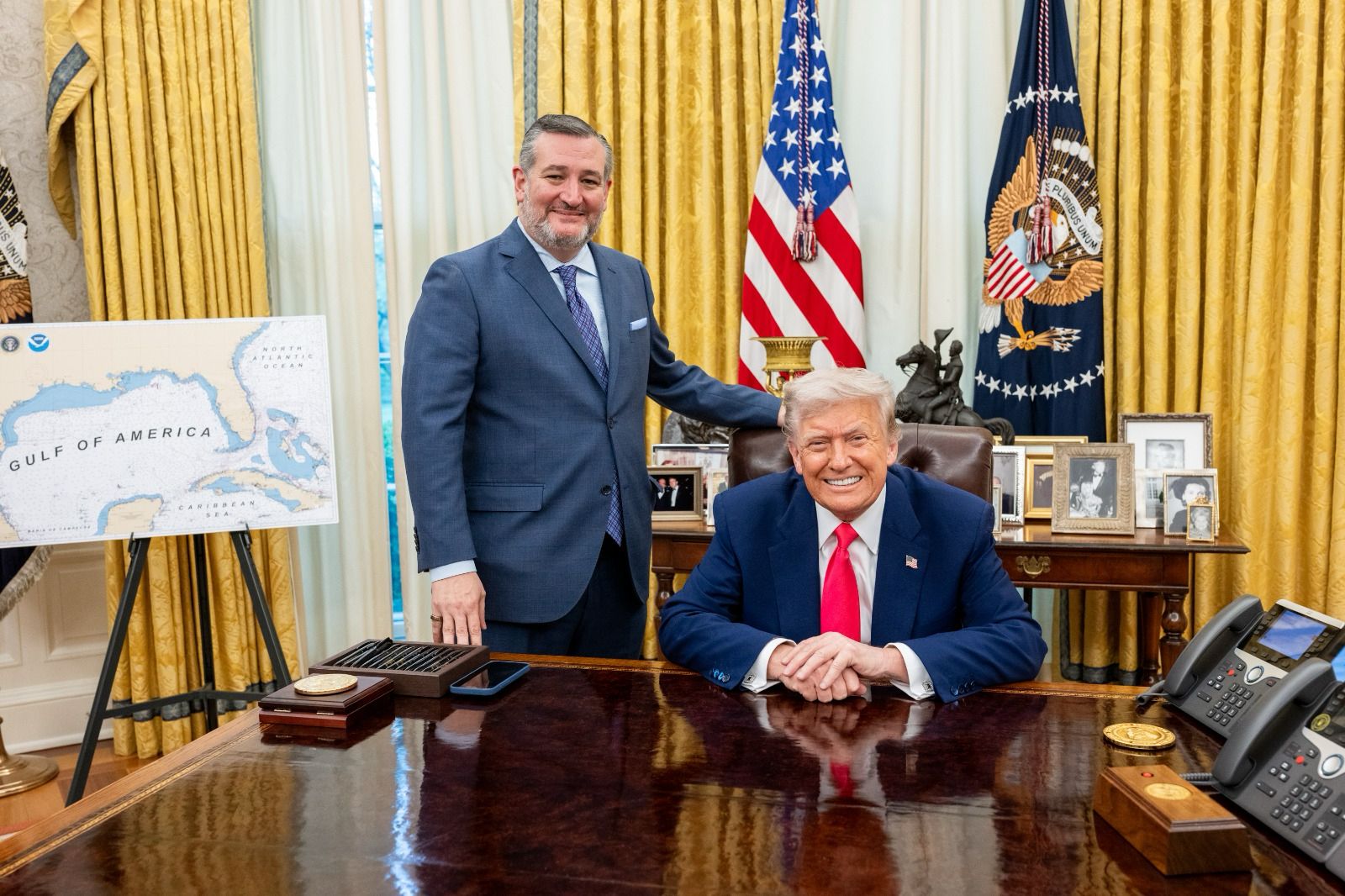
In 2016, Cruz mounted a formidable presidential campaign. Backed by evangelical Christians and Tea Party loyalists, he won the Iowa and Wisconsin caucuses in the primary, causing more ruckus in Trump’s already turbulent nomination race.
Advertisement
His rivalry with Trump turned vicious. Trump mocked his wife and father, calling him a “ liar” and “nasty guy” during the GOP debate. Cruz, in return, called Trump “a pathological liar” and a “bully”.
The senator quit the race after losing Indiana to Trump and openly endorsed Trump’s candidacy afterwards. Cruz later made peace, becoming one of Trump’s staunchest allies in the senate. It was a pragmatic move that underscored Cruz’s political instincts: he might lose a battle, but never the war.
WHAT HE BELIEVES

Cruz’s politics mix three big ideas: a strict reading of the US constitution, strong Christian values, and people-first rhetoric. He tends to see every political issue as a battle between right and wrong, freedom versus government control, faith versus secularism, and capitalism versus socialism.
At home, he is firmly against abortion, same-sex marriage, tighter gun laws, and large government spending programmes.
Advertisement
In foreign affairs, Cruz takes the same hard-edged approach. He is one of Israel’s strongest supporters in congress and often attacks what he sees as weak or compromising diplomacy with authoritarian countries.
SENDING NIGERIA TO THE CPC
Cruz, alongside congressmen Riley Moore and Tom Cole, have been at the forefront of the genocide claims, asking Marco Rubio, US secretary of state, to designate Nigeria as a CPC.
Advertisement
On March 11 and 12, the United States congress heard proposals from lawmakers seeking the imposition of sanctions on Nigeria as a country of particular concern (CPC).
In September, Cruz introduced a bill urging the US government to impose targeted sanctions on Nigerian officials accused of enforcing Sharia or blasphemy laws that restrict religious freedom.
Advertisement
The proposal also called for Nigeria to be formally labelled a CPC.
A CPC label can trigger diplomatic pressure, limit access to US aid, and lead to sanctions, making it one of Washington’s strongest tools for signalling disapproval of another country’s human rights record.
Advertisement
Cruz’s bill follows growing concerns among US lawmakers about alleged human rights violations in Nigeria, particularly the use of state-level Sharia laws to prosecute individuals for blasphemy. The proposal came weeks before Trump signed a memorandum describing ideologies considered “anti-American,” “anti-capitalist”, and “anti-Christian” as domestic extremism.
Cruz argued that his bill was necessary to hold Nigerian authorities accountable for what he described as “systematic persecution of Christians”.
PRO-ISRAEL LOBBYIST
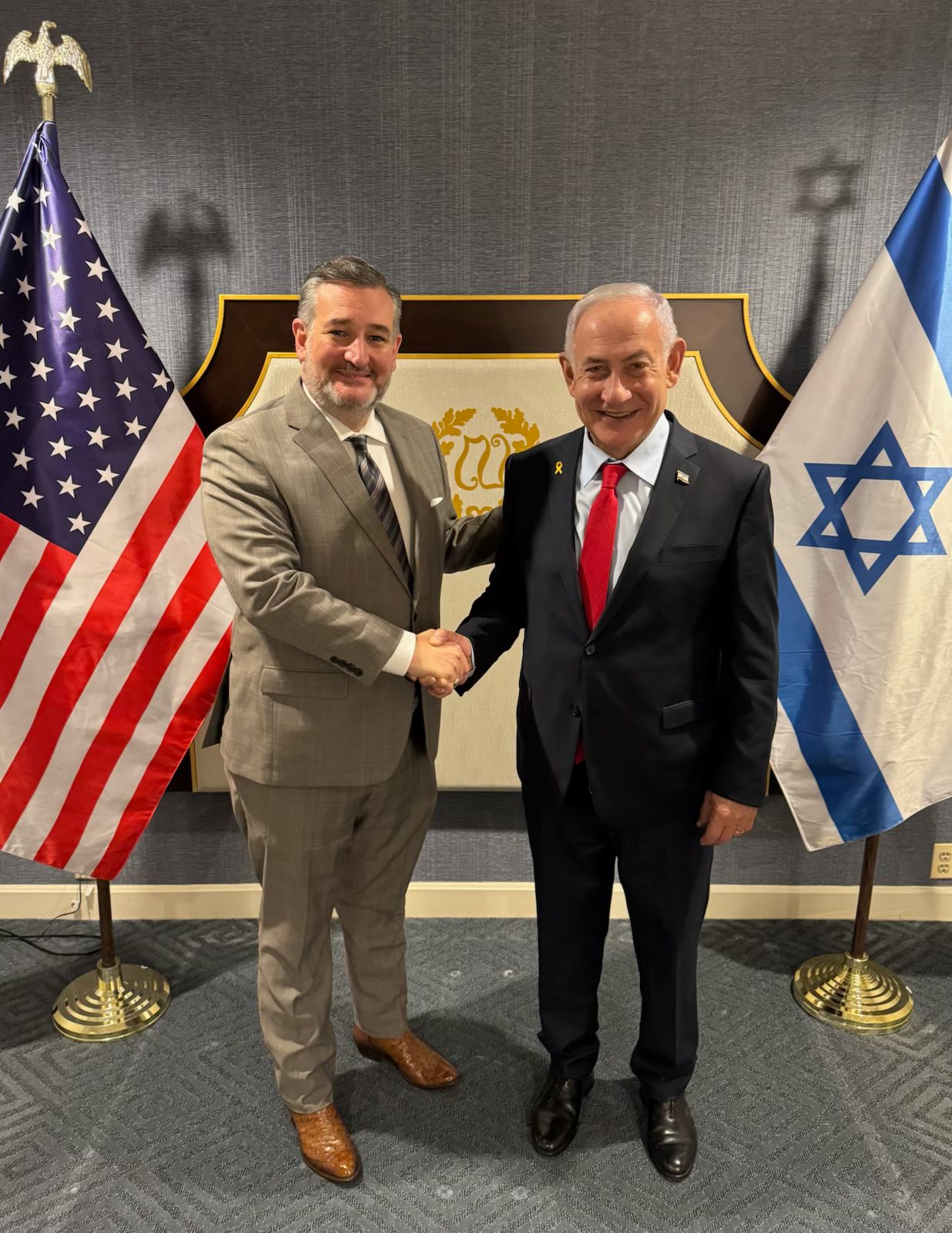
Cruz has long positioned himself as a staunch defender of Israel. He said in a recent interview that when he ran for the senate in 2012, he did so “with the stated intention of being the leading defender of Israel in the United States Senate”.
He has developed a consistency in his unwavering support for the Jewish state, describing Israel as “America’s closest ally and a beacon of freedom in the Middle East”.
Cruz’s pro-Israel stance is rooted in both faith and politics. In congress, Cruz has positioned himself at the centre of efforts to shape US-Israeli policy. He was an early supporter of moving the US embassy from Tel Aviv to Jerusalem, a move realised under Trump’s first term.
He has also sponsored or co-sponsored numerous bills aimed at strengthening military cooperation with Israel and sanctioning groups such as Hamas and Hezbollah and opposed any form of Palestinian recognition at the United Nations.
His strong evangelical worldview often informs how he interprets religious freedom globally, including in Nigeria, where the federal government expressed support for a two-state solution to the perennial Israeli-Palestinian conflict and condemned what the UN has officially classified as Israel’s genocide in Gaza.
The Israel-leaning ideology formed the basis of Cruz’s September proposal urging the US government to impose sanctions on Nigerian officials involved in enforcing Sharia or blasphemy laws.

